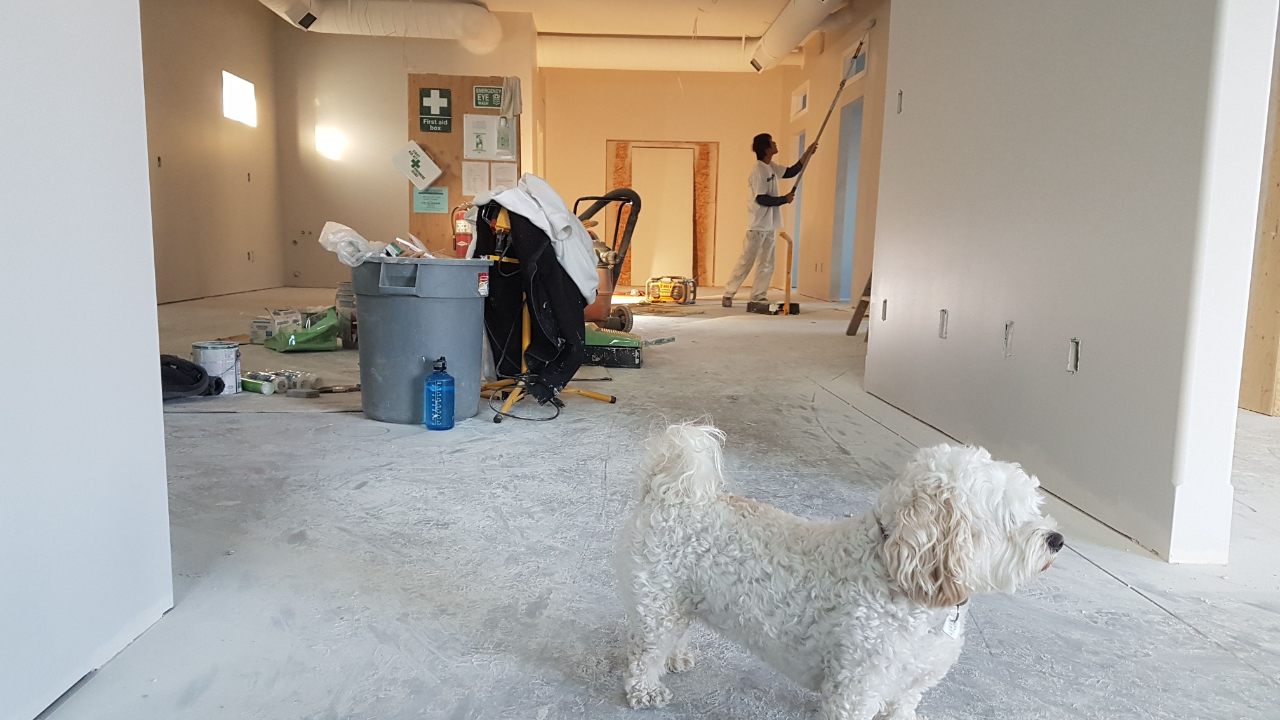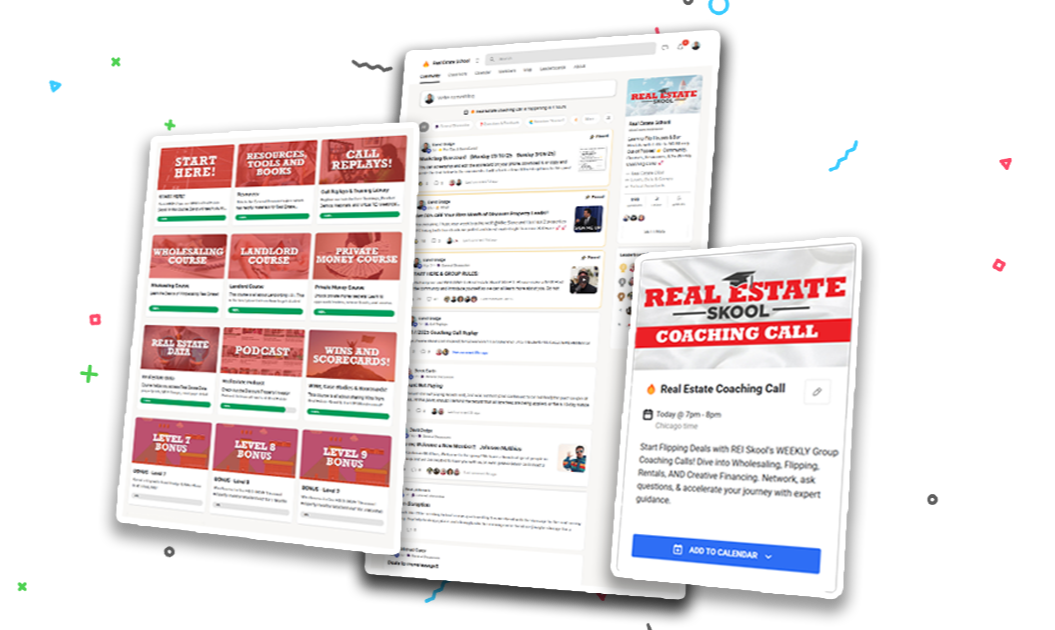Can you Flip Houses with No Money?
Jan 02, 2023
Written by David Dodge
It is generally difficult to flip houses without any money, as you will need funds to purchase a property, make any necessary repairs or renovations, and cover holding costs such as taxes and insurance while you work to sell the property. However, there are a few options you may be able to consider if you want to try flipping houses with no money of your own:
-
Partner with someone who has the capital: You can work with an investor or partner who has the money to fund the flip and split the profits with them.
-
Find a distressed property that can be purchased for a low price: Look for properties that are in need of repair and can be purchased at a discounted price. You can then try to negotiate with the seller to finance the purchase, or potentially try to secure a loan or line of credit to fund the acquisition and renovations.
-
Consider alternative financing options: There are a variety of financing options available to real estate investors, including hard money loans, private loans, and crowdfunding platforms. These options may be more expensive than traditional financing, but they can be a way to get the capital you need to flip a house without using your own money.
It may be more difficult to flip houses with bad credit, as a low credit score can make it harder to secure financing for the purchase and renovation of a property. Lenders may be less likely to approve a loan or line of credit for someone with bad credit, and if they do approve a loan, the terms may not be as favorable (e.g., higher interest rates).
That being said, it is not impossible to flip houses with bad credit. Here are a few options you may want to consider:
-
Partner with someone who has good credit: You can work with an investor or partner who has good credit and is able to secure financing for the flip. You can then split the profits with them.
-
Find alternative financing options: There are a variety of financing options available to real estate investors, including hard money loans, private loans, and crowdfunding platforms. These options may be more expensive than traditional financing, but they can be a way to get the capital you need to flip a house without relying on your own credit.
-
Improve your credit score: You can work on improving your credit score by paying off any outstanding debts, paying your bills on time, and reducing your credit utilization (the amount of credit you are using compared to the amount available to you). It may take some time to improve your credit score, but it can be worth the effort if it enables you to secure more favorable financing terms for your flips.
What costs should I know before I start flipping houses?
There are many costs to consider when flipping houses, and it is important to carefully evaluate all potential expenses to ensure that you are able to complete the flip profitably. Some of the costs you may need to consider include:
-
Purchase price: This is the cost of the property itself. It is important to carefully research the market and assess the value of the property to ensure that you are paying a fair price and that you have the potential to make a profit after renovations.
-
Renovation costs: This includes the costs of any repairs or renovations that need to be made to the property to bring it up to a sellable condition. These costs can vary widely depending on the extent of the work needed and the materials used.
-
Holding costs: While you are flipping the house, you will need to cover expenses such as taxes, insurance, and utilities. These costs can add up and should be factored into your budget.
-
Financing costs: If you need to borrow money to fund the purchase and renovations of the property, you will need to pay interest on the loan. It is important to carefully compare financing options and negotiate the best terms possible to minimize these costs.
-
Closing costs: When you sell the property, you will need to pay closing costs, which can include fees for the title search, title insurance, and the services of an attorney or real estate agent.
-
Real estate commissions: If you use a real estate agent to sell the property, you will need to pay a commission, which is typically a percentage of the sale price.
It is essential to carefully budget for all of these costs and to have a clear understanding of your potential profit margin before you begin flipping a house. It is also important to leave room in your budget for unexpected expenses that may arise during the renovation process.
In conclusion
Flipping houses without any money can be difficult, but not impossible. Partnering with someone who has the capital, finding a distressed property that can be purchased for a low price, and considering alternative financing options are all ways to flip a house without using your own money. It may be more difficult to flip houses with bad credit, but working with a partner who has good credit, finding alternative financing options, and improving your credit score are all potential ways to overcome this obstacle. There are many costs to consider when flipping houses, including the purchase price, renovation costs, holding costs, financing costs, and closing costs. Careful budgeting and planning can help ensure that you are able to complete the flip profitably




